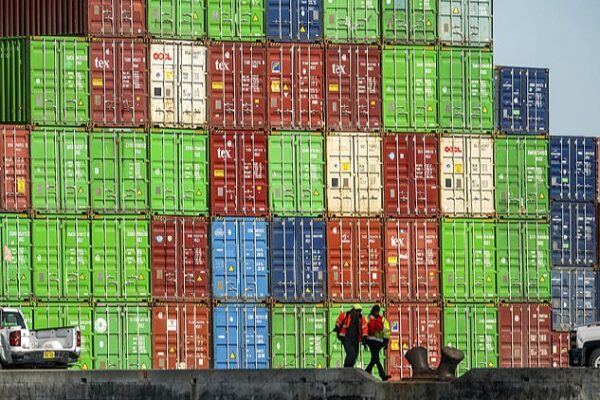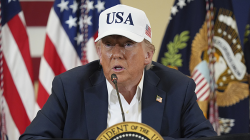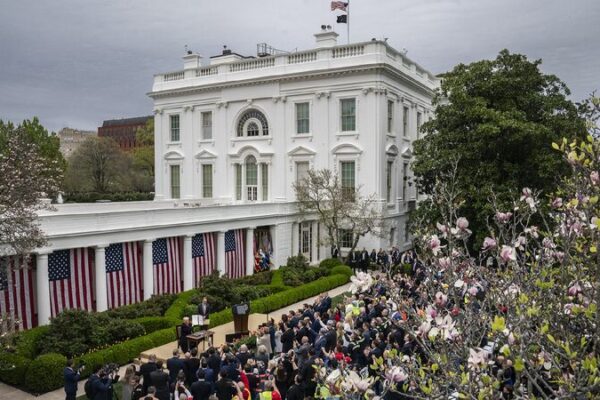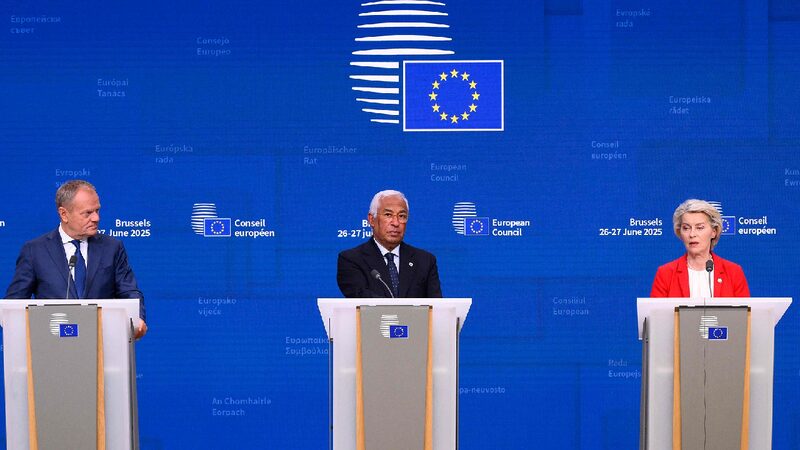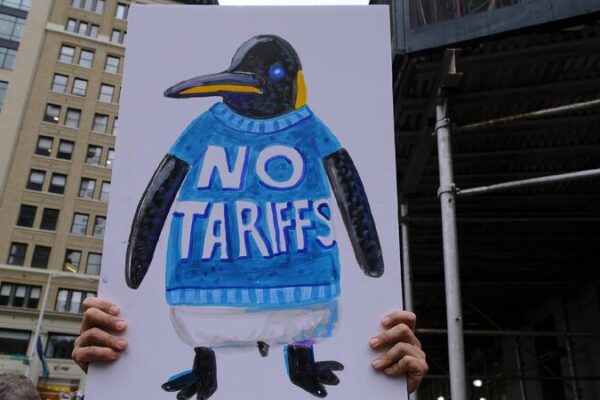Global markets are in turmoil as Asian stock markets plunged on Monday, reacting to the United States’ unilateral trade policies. U.S. futures also fell sharply, signaling growing concerns about the global economic outlook.
Despite attempts by the Trump administration to downplay the impact of tariffs, markets are telling a different story. The unilateral actions by the U.S. have caused panic selling worldwide, proving that no country is immune to the risks of increased tariffs. The situation highlights the dangers when a global superpower acts unilaterally without considering international repercussions.
Leaders around the world are expressing concern. European Commission President Ursula von der Leyen warned, “Let’s be clear-eyed about the immense consequences. The global economy will massively suffer. Uncertainty will spiral and trigger the rise of further protectionism.” Such sentiments echo the growing global outcry over the U.S.’s trade moves.
The pressing question is how the international community should respond. Many argue that unity is the answer. French President Emmanuel Macron recently called for European countries to stand together against what he termed “brutal and unfounded” tariffs imposed by the U.S.
Surveys indicate widespread support for collective action. According to a recent global poll, a vast majority believe that countries should unite against unilateral and hegemonic behaviors. China’s swift response, adjusting tariffs on U.S. goods, reflects this stance. Many respondents view such countermeasures as justifiable defenses of national interests.
While negotiation remains an option, the U.S. appears resistant. Even offers like Vietnam’s proposal to reduce tariffs on U.S. imports have been dismissed. This suggests that yielding to pressure may not satisfy U.S. demands and that a united front might be more effective.
Even traditional U.S. allies are preparing to protect their interests. The European Union is readying countermeasures, emphasizing the need to safeguard businesses and economies if negotiations fail.
Within the U.S., there’s growing dissatisfaction with the current trade policies. Polls show increasing opposition to new tariffs and concern over their handling. Support for the administration is wavering, highlighting the domestic risks of continuing down this path.
The potential consequences are severe: uncontrolled inflation, economic recession, and hardship for working Americans. Former U.S. Treasury Secretary Lawrence Summers described the tariffs as “the biggest self-inflicted wound we’ve put on our economy in history,” cautioning about inflation and job losses.
The global community, including the American people, faces a critical choice. Unity against unilateral protectionism could pave the way for stability and prosperity. The stakes are high, and collaborative action may be the key to preventing further chaos in the global economy.
Reference(s):
cgtn.com

